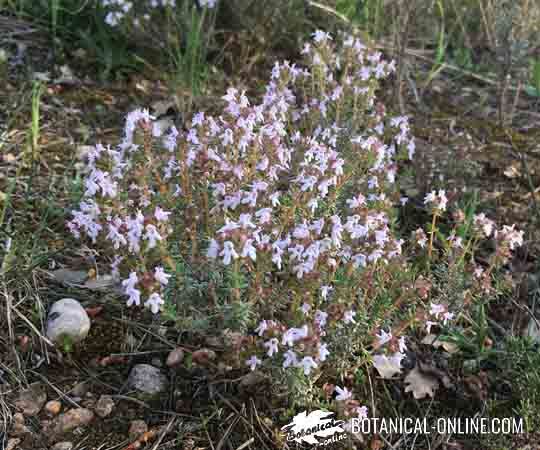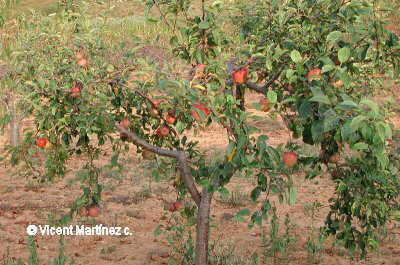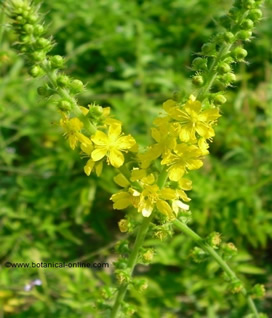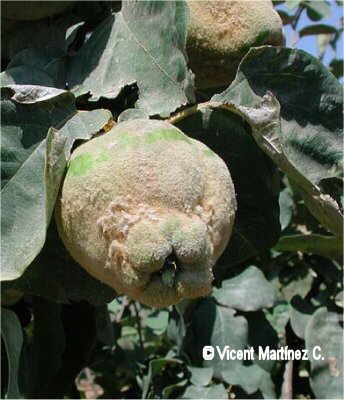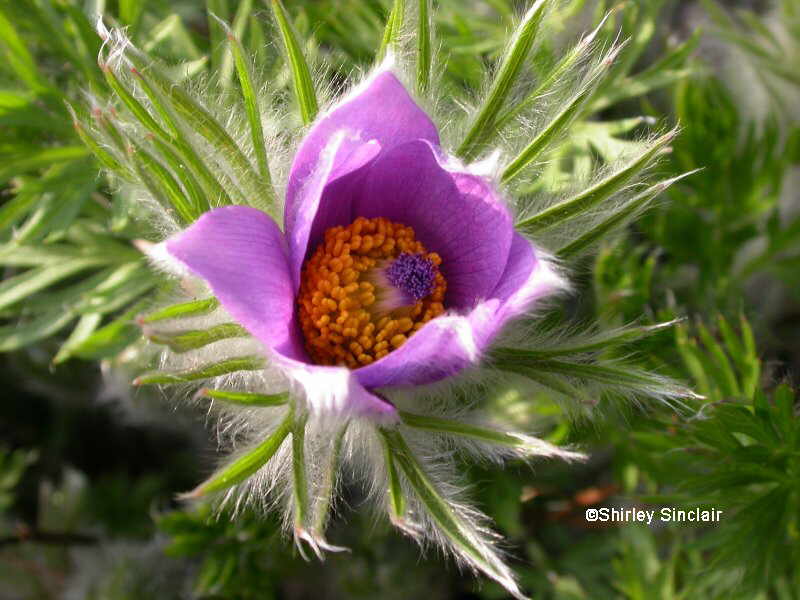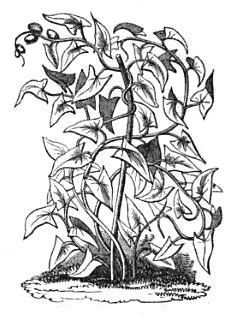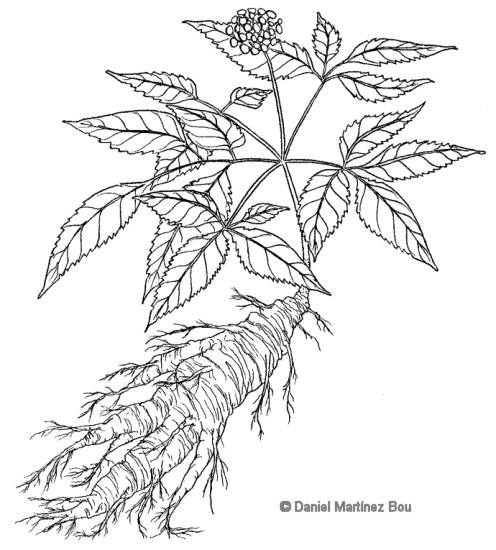Contents
- 1 Herbal remedies for mouth sores
- 1.1 What is the proper treatment for mouth sores?
- 1.2 How can mouth wound healing be achieved through natural remedies?
- 1.3 What plants are known to cure mouth sores?
- 1.4 How are treatments for oral ulcers performed?
- 1.5 Is there any other natural preparation?
- 1.6 Do these preparations represent any contraindications or side effects?
Herbal remedies for mouth sores
What is the proper treatment for mouth sores?
When having sores in the mouth, it is important to use remedies that have antibiotic properties to prevent these sores from becoming infected.
It is also important to use natural remedies with astringent properties to help the scars heal.
How can mouth wound healing be achieved through natural remedies?
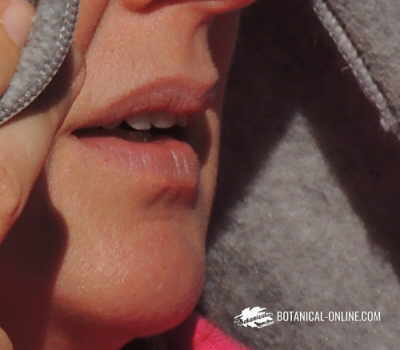
Sores in the mouth constitute a very painful and sometimes quite repetitive and difficult to cure condition
Plants containing tannins can help cure this type of problem.
Tannins are able to “decrease the humidity” in the affected area, creating a more dry environment and less conducive to the development of bacteria.
In addition to this astringent function, the tannins also constrict the blood vessels with which they facilitate the coagulation of the blood and help in the healing of the wounds or ulcers.
What plants are known to cure mouth sores?
Among the most used is :
- Strawberry (Fragaria vesca) The leaves of strawberries, both wild and cultivated, are very astringent and hemostatic, so they are suitable for healing the sores of the mouth.
In addition to this plant, we have many more, with astringent and antibiotic properties, such as:
- Sage (Salvia officinalis)
- Plantain (Plantago spp.)
- Chamomile (Matricaria chamomilla)
- Oak (Quercus spp.)
- Birch (Betula alba, B. pubescens, B. lenta)
With the first three, we use dry leaves; In the case of oak or birch, we will use the dry bark.
How are treatments for oral ulcers performed?
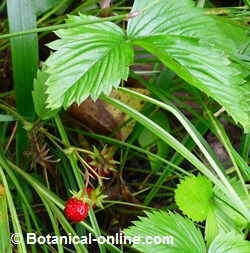
Strawberry leaves are very suitable to treat mouth sores
The usual treatment is to perform mouthwashes with the liquid resulting from infusions of the leaves or decoctions of the bark.
If it is an infusion, such as from strawberry leaves, for example, put a spoonful of these leaves in a glass on which boiling water is poured. Leave it to stand for about 10 minutes and then, when it has cooled down, drain and rinse your mouth with the resulting liquid.
When the bark is used, as is the case, for example, of oak treatment, pour a spoonful of dry bark on a glass of boiling water. Let it boil for about 10 minutes over low heat. It is then allowed to cool, strain and rinse with the resulting liquid.
Is there any other natural preparation?

Echinacea flowers
Tincture-based supplements may also be used, such as:
- Echinacea (Echinacea angustifolia) : A few drops of echinacea tincture added to a glass of water to make mouthwashes.
- Arnica (Arnica montana): A few drops of this tincture can be added to a glass of water to make mouthwashes.
- Mulberry (Morus nigra, Morus alba): It is used for inflammations of the mouth and throat. (mouthwashes with the juice of the fruits)
Do these preparations represent any contraindications or side effects?
In this type of applications do not swallow the liquid with which we perform the rinses, since these plants are very rich in tannins and these preparations contain much quantity of them.
Tannins in high doses are toxic. Therefore, after rinsing, the liquid should be spit out.
This is even more important in the case of tinctures, and when plants such as arnica that are toxic in internal use are used.
![]() More information on other mouth problems.
More information on other mouth problems.

